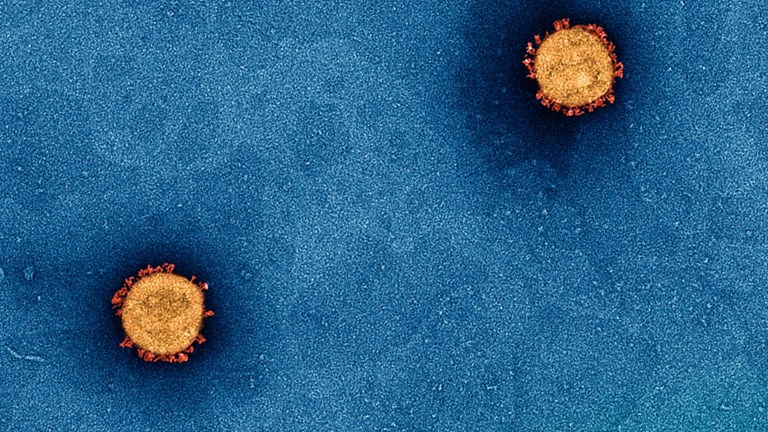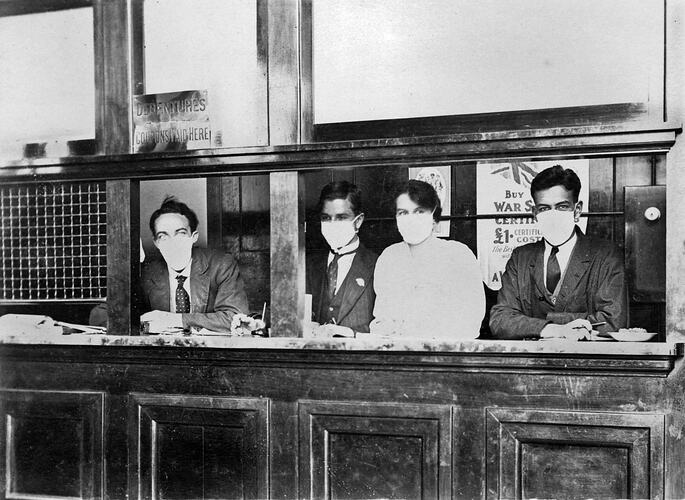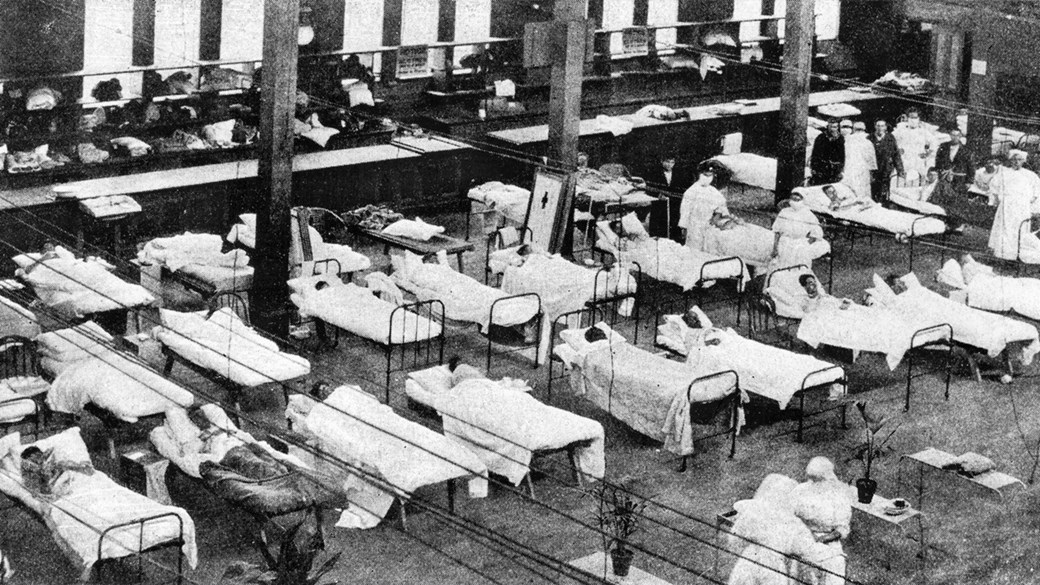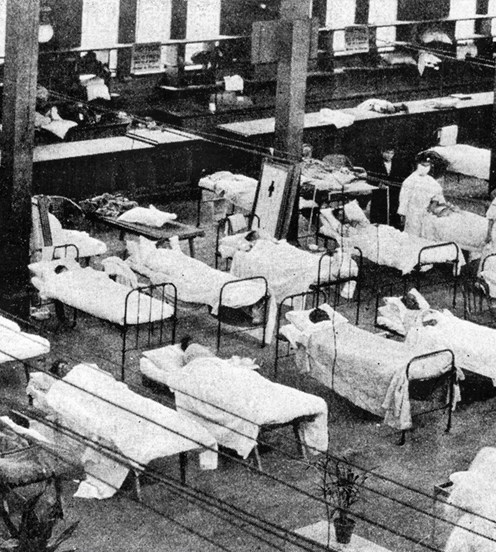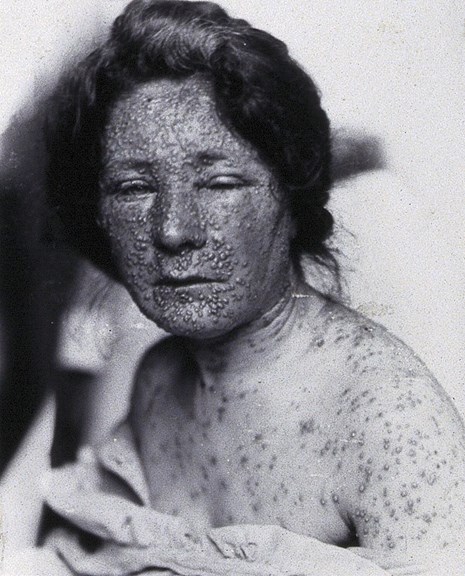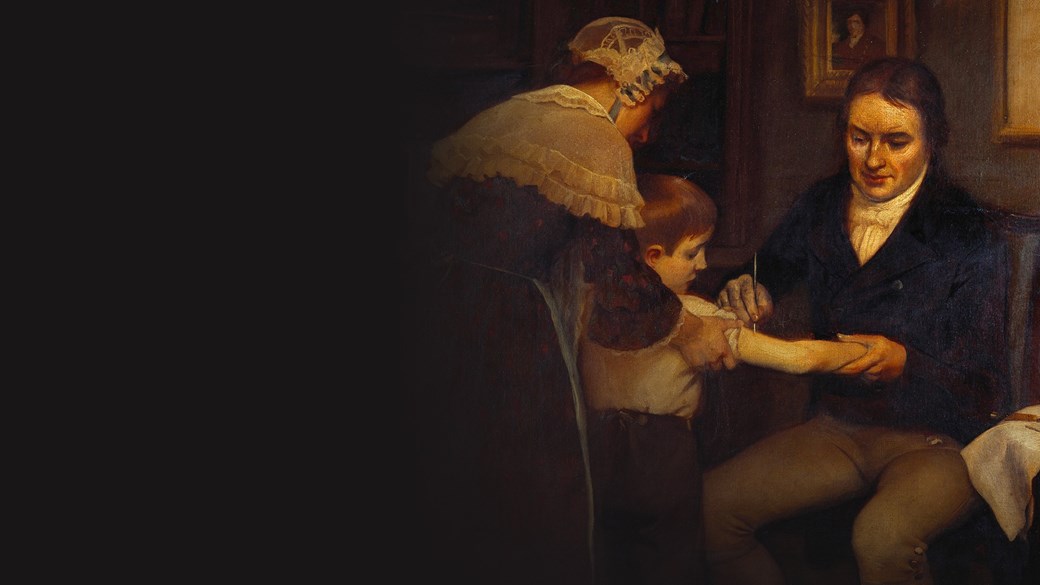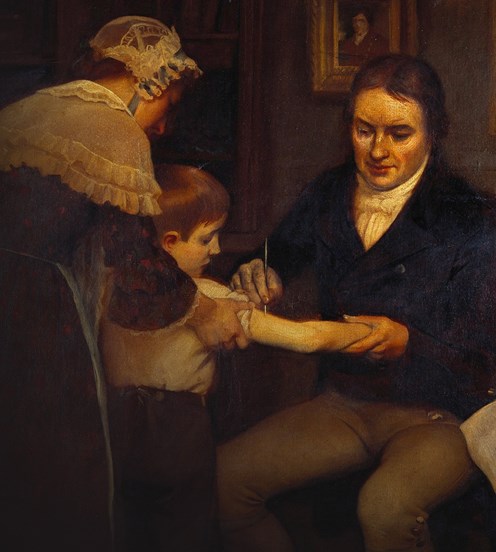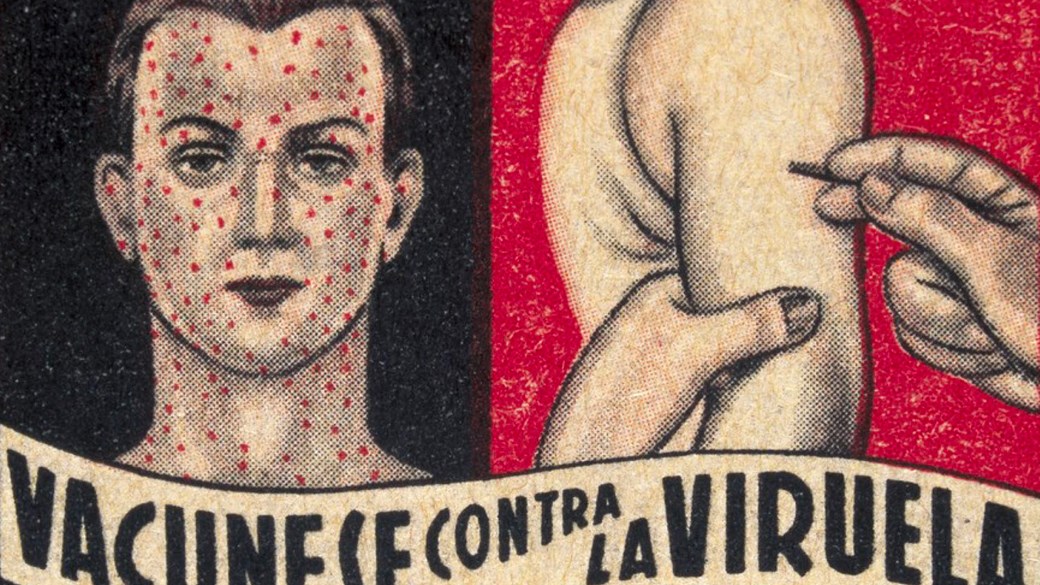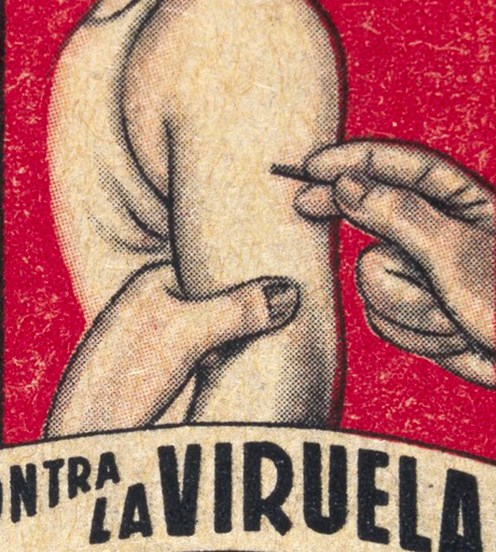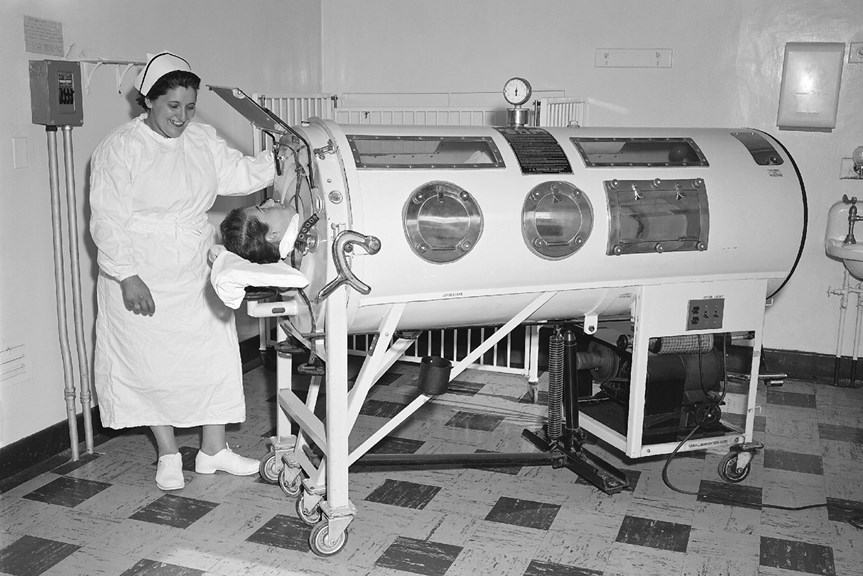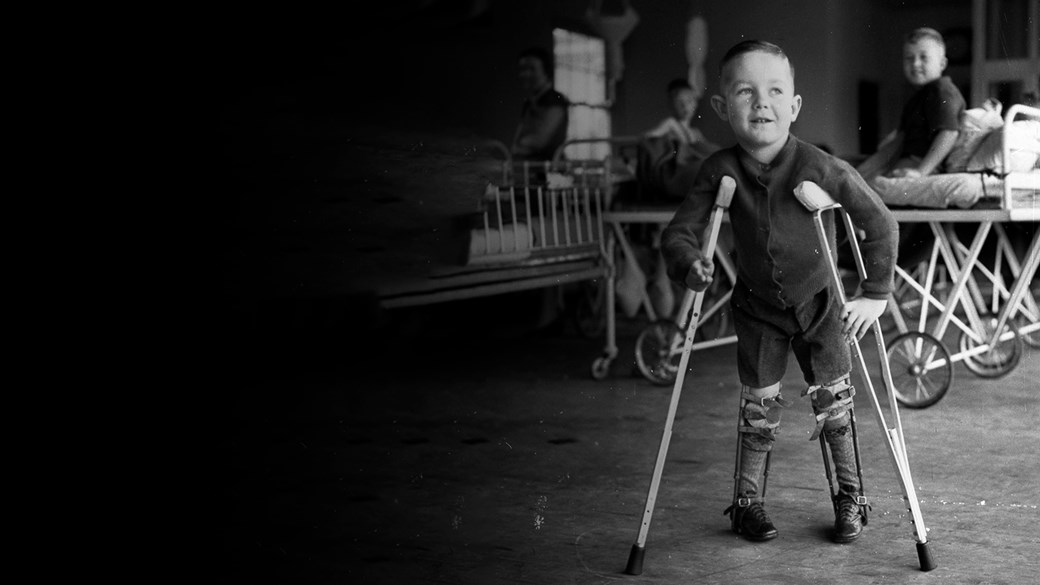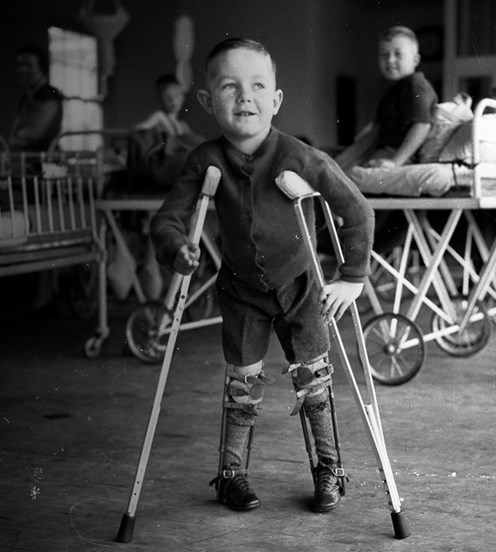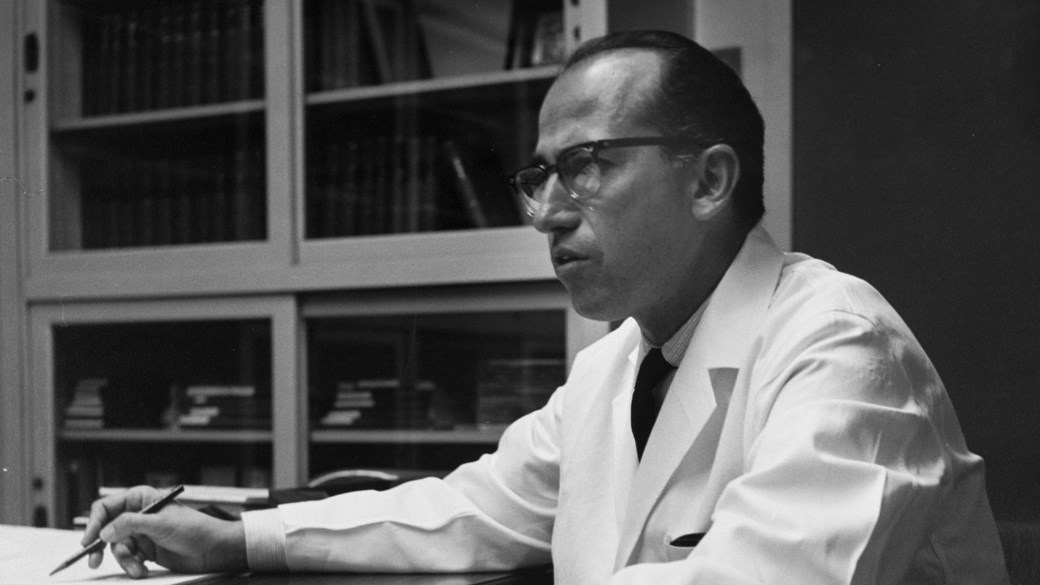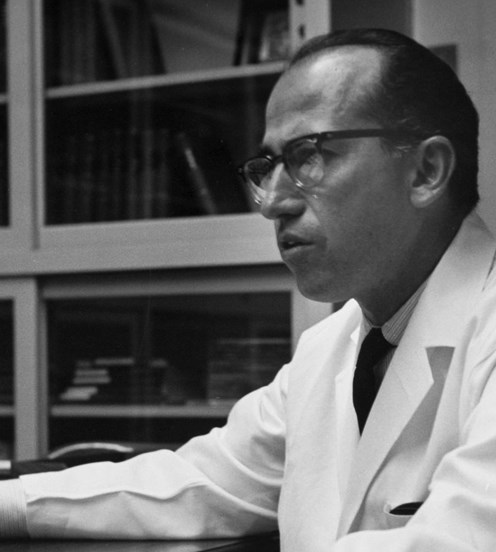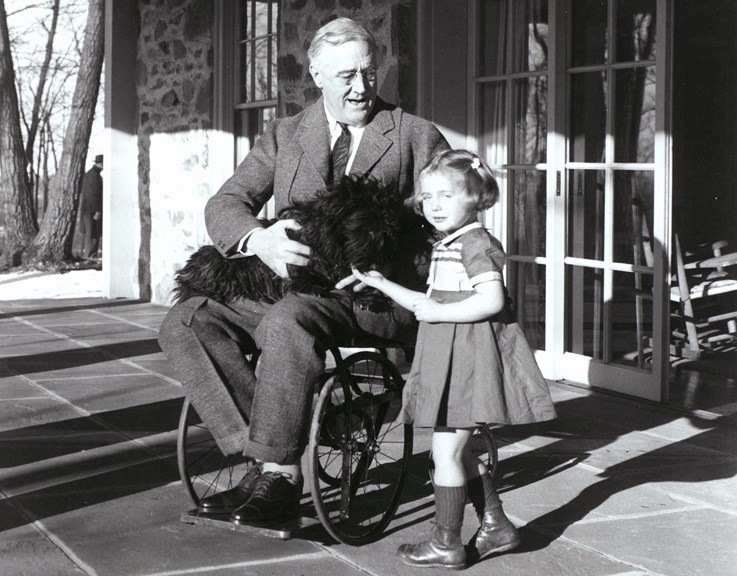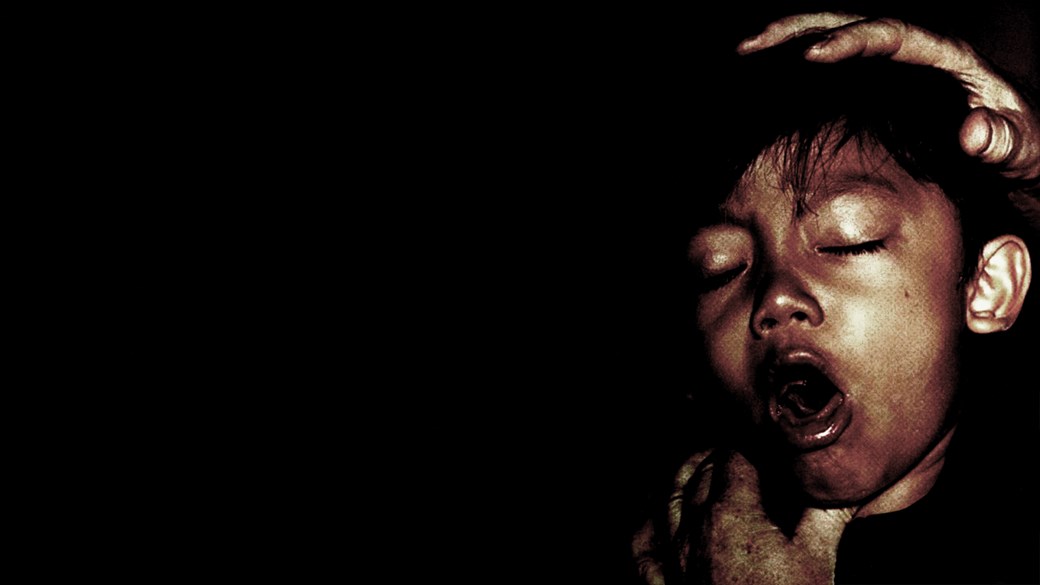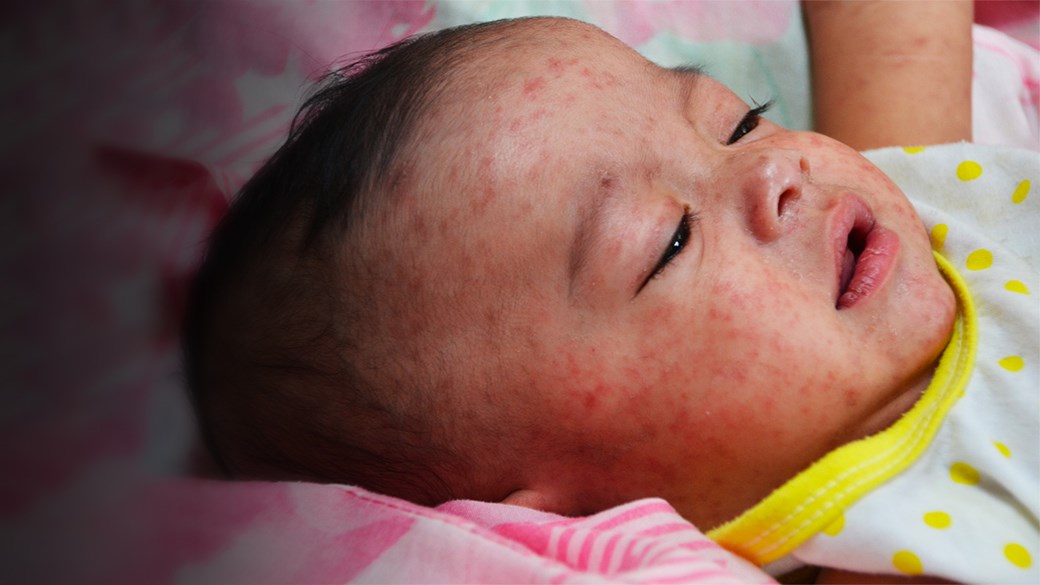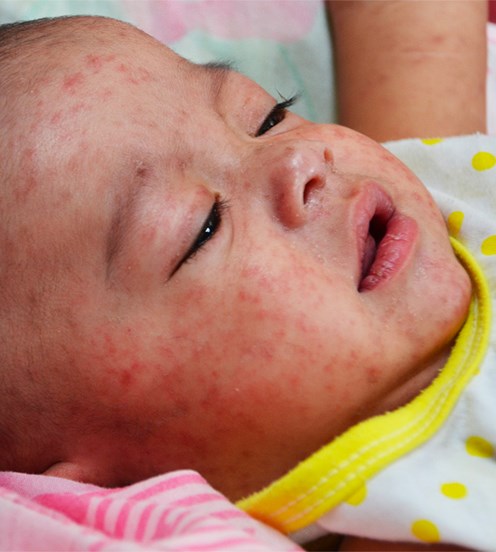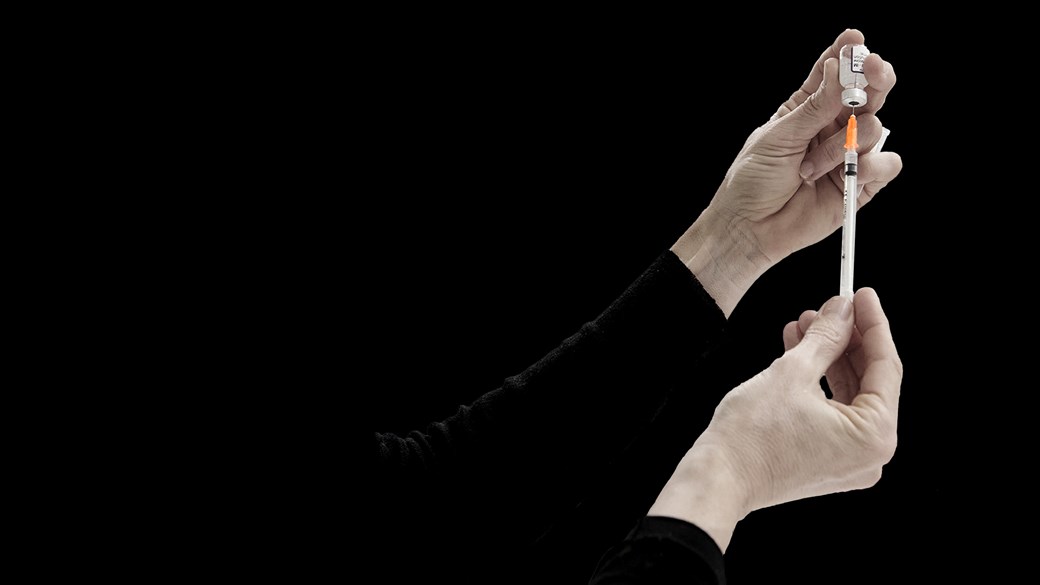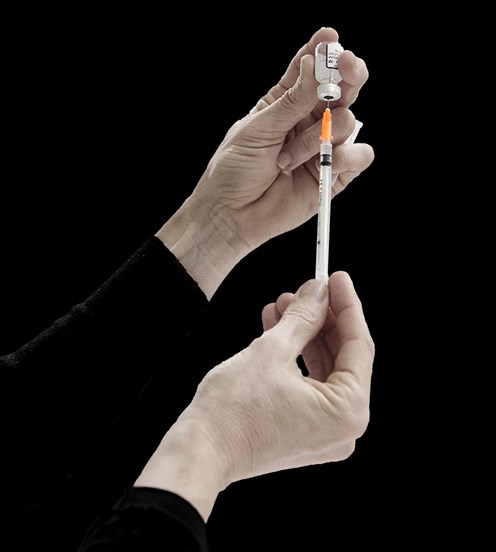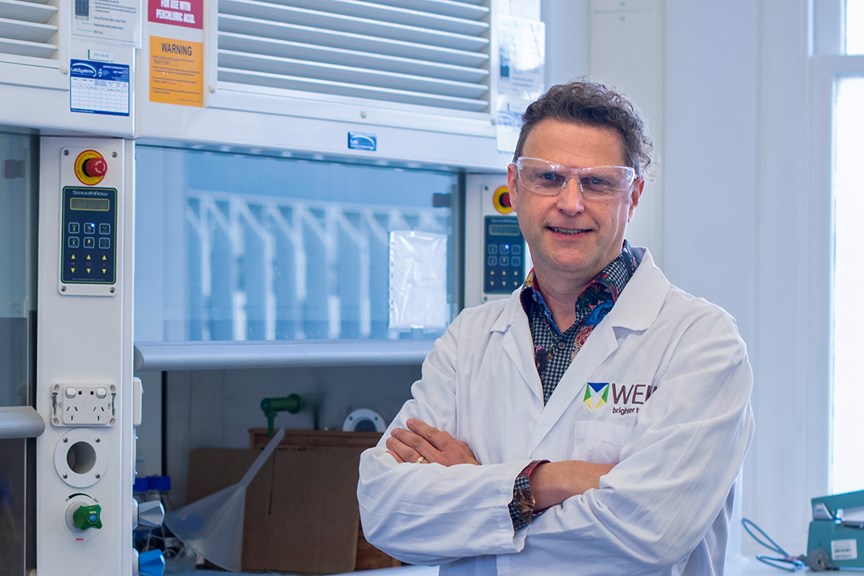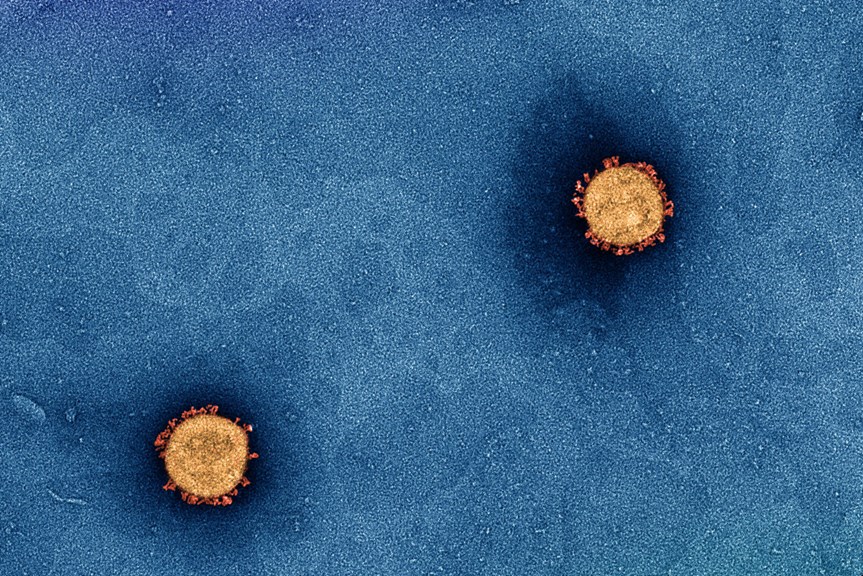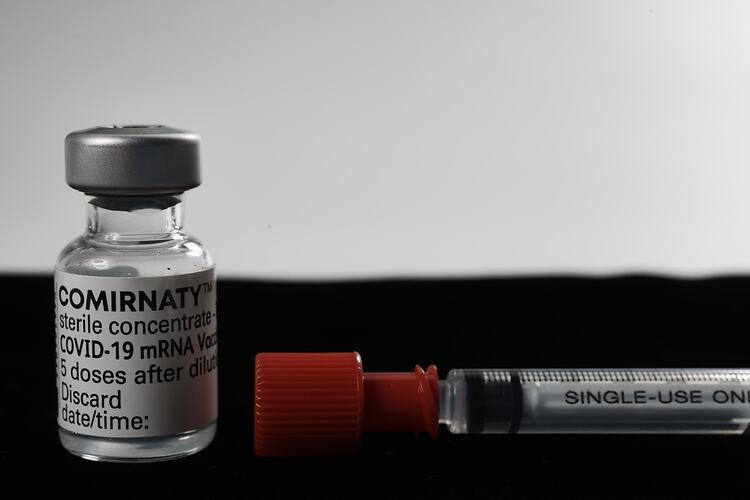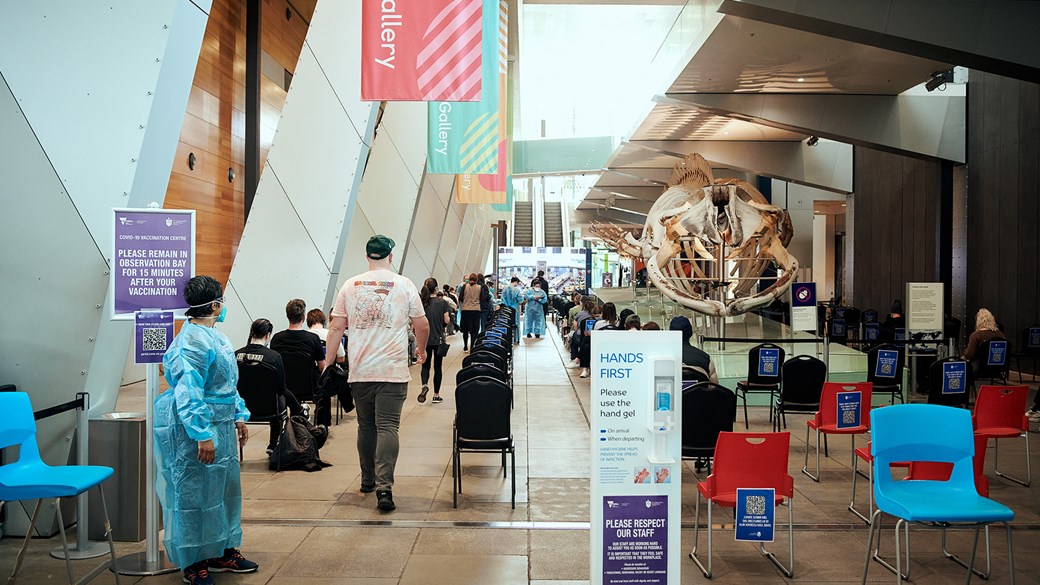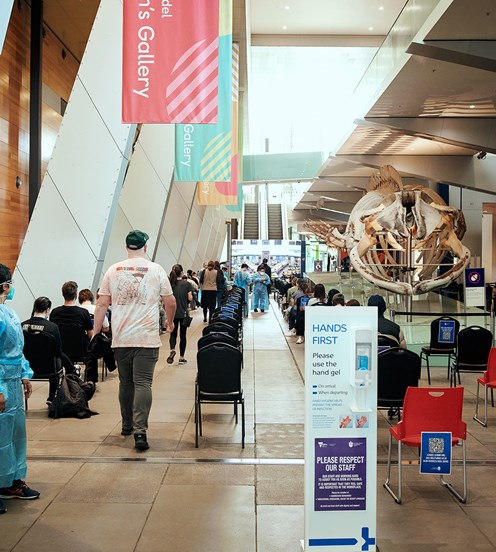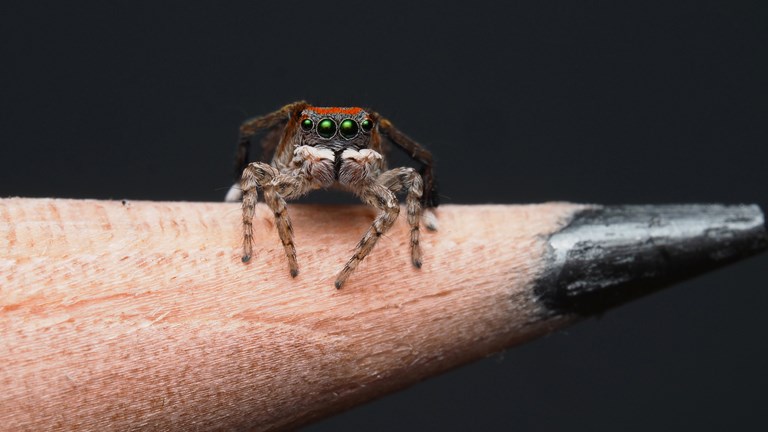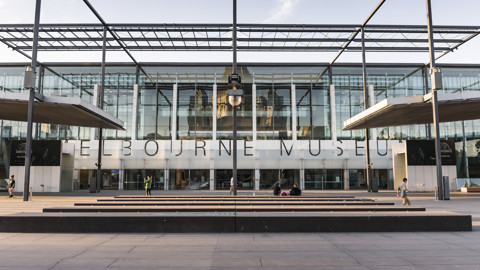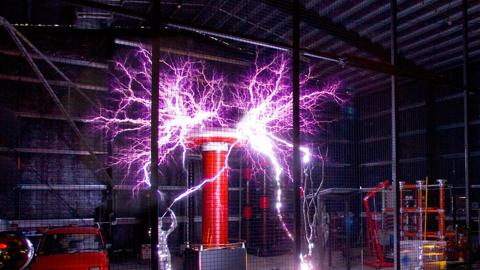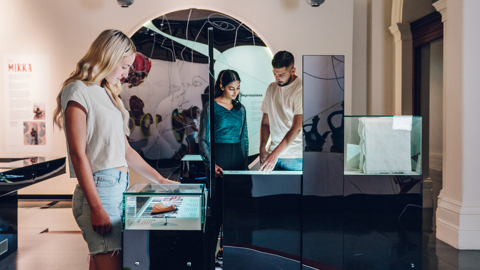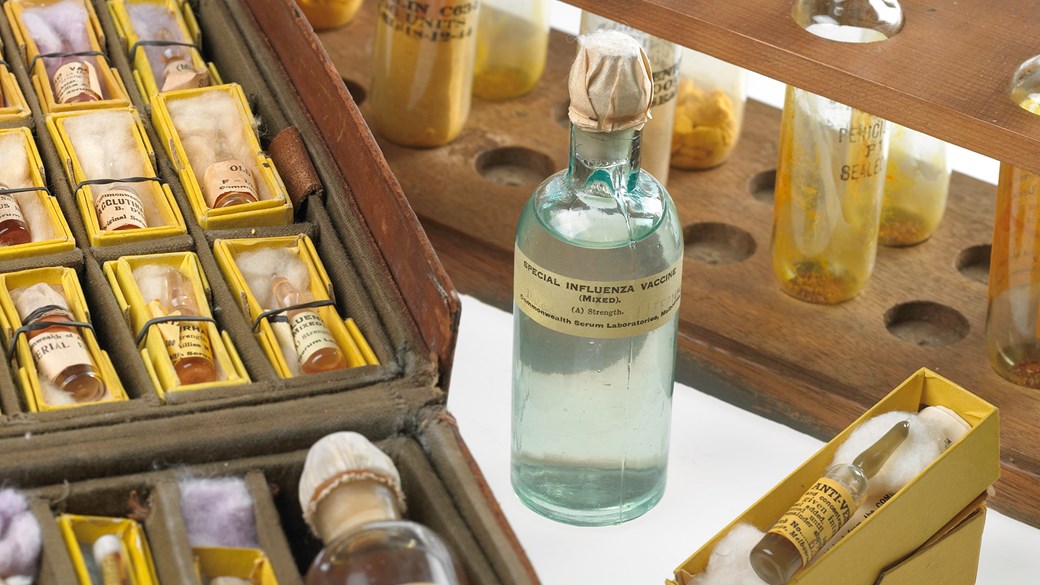
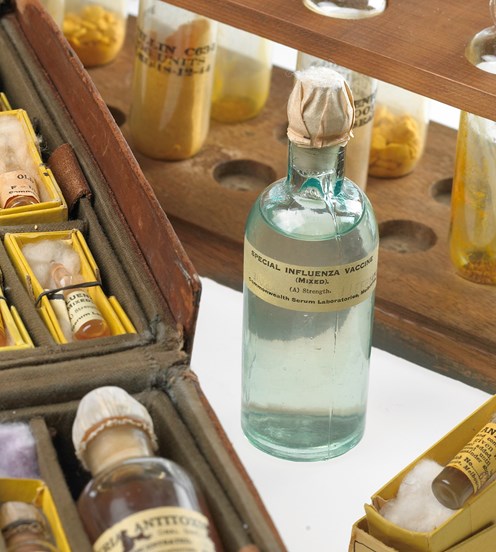
A world without vaccines would be very different to the one we have today—and more dangerous.
Vaccines are ‘our single most important medical intervention that has saved more lives than anything else,’ says Professor Marc Pellegrini, joint division head of infectious disease and immune defence at WEHI.
In a nutshell, vaccines educate your immune system by stimulating an immune response without giving you the full disease.
This allows your immune system to recognise, and fight against, the real invader if you are ever exposed to it.
It is easy to take for granted just how vital these medical marvels have been for humankind in reducing child mortality and improving our quality and longevity of life.
When we really need vaccines, but don’t have them, we are incredibly vulnerable—a situation acutely felt with the outbreak of COVID-19.
With no other option, those early days of the pandemic necessitated a return to masks and physical distancing to reduce disease transmission.
It was a similar story 100 years ago during the 1918 influenza pandemic, commonly (but unfairly) referred to as the Spanish flu.
The major difference, though, is that scientists today know what they are fighting against.
